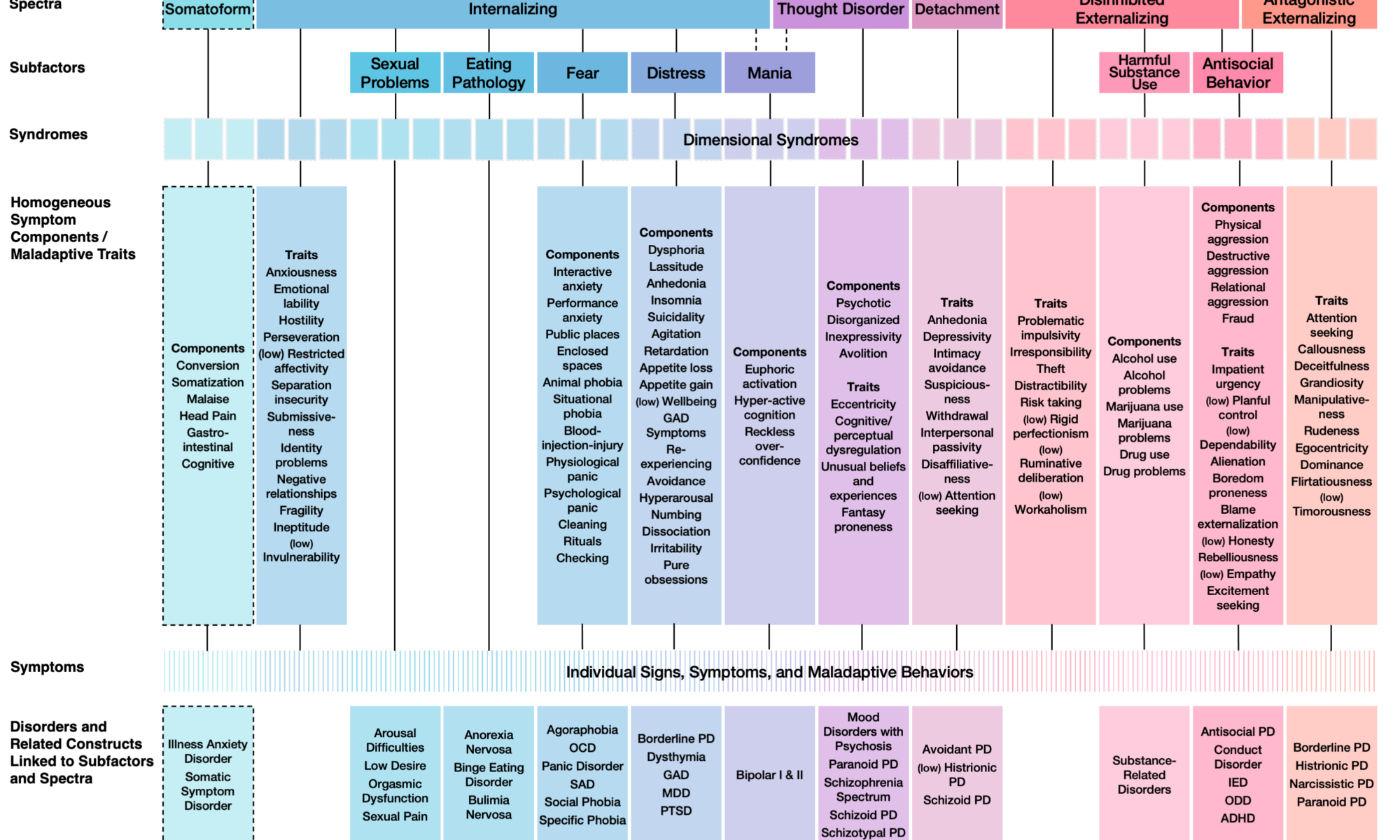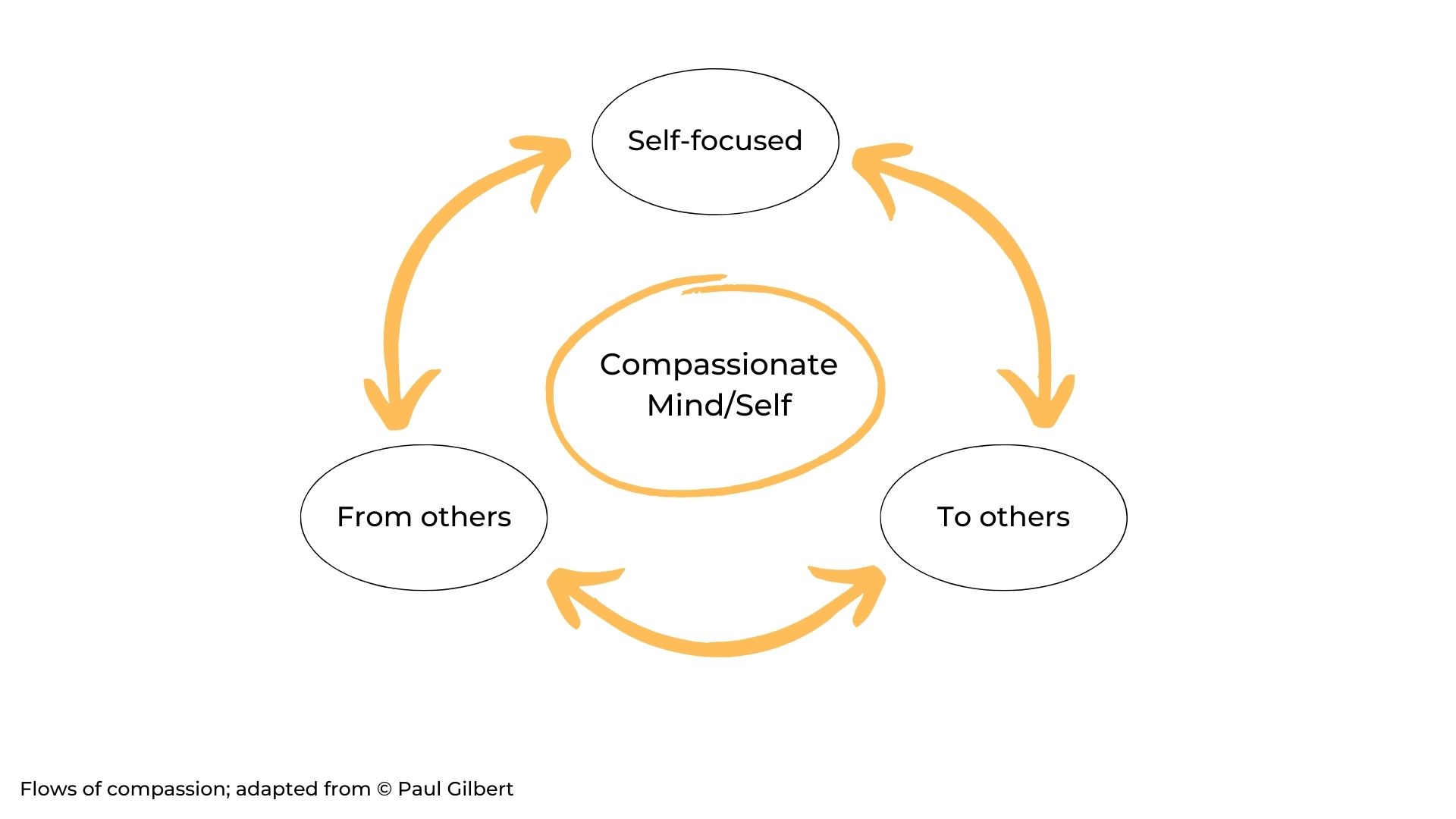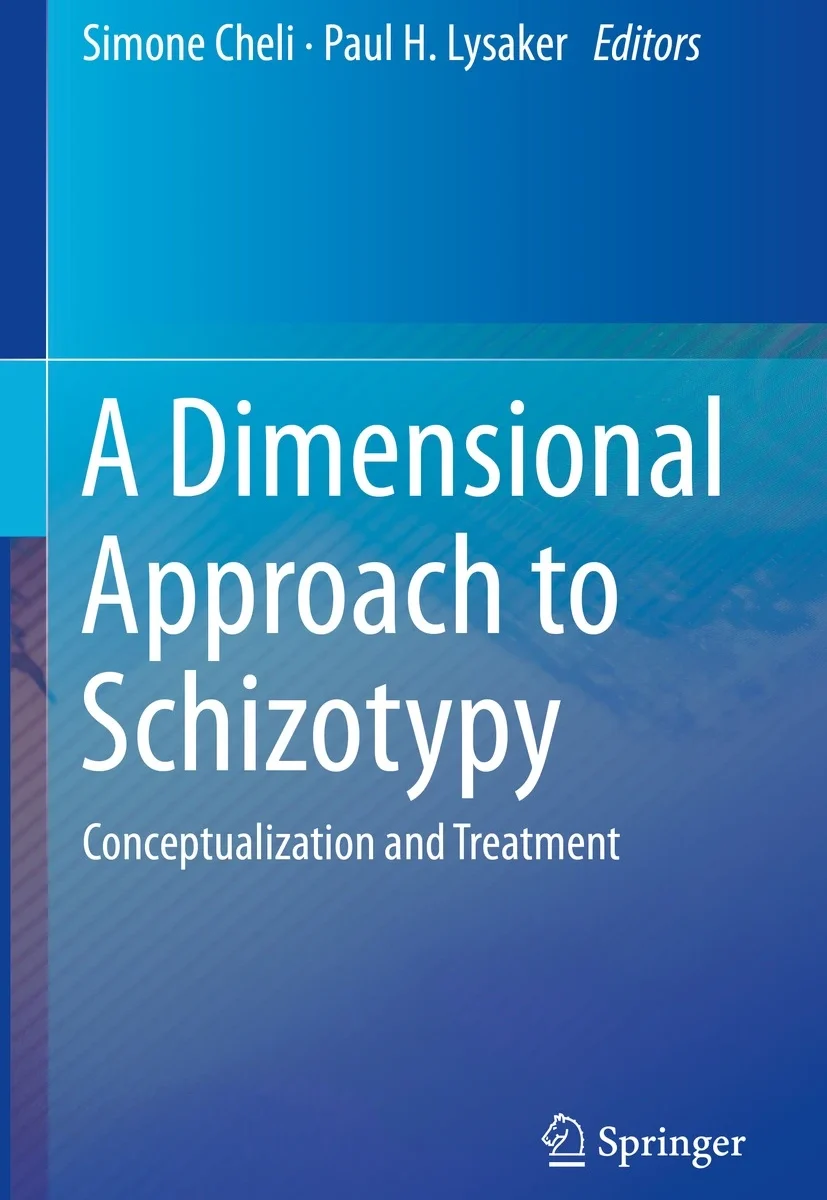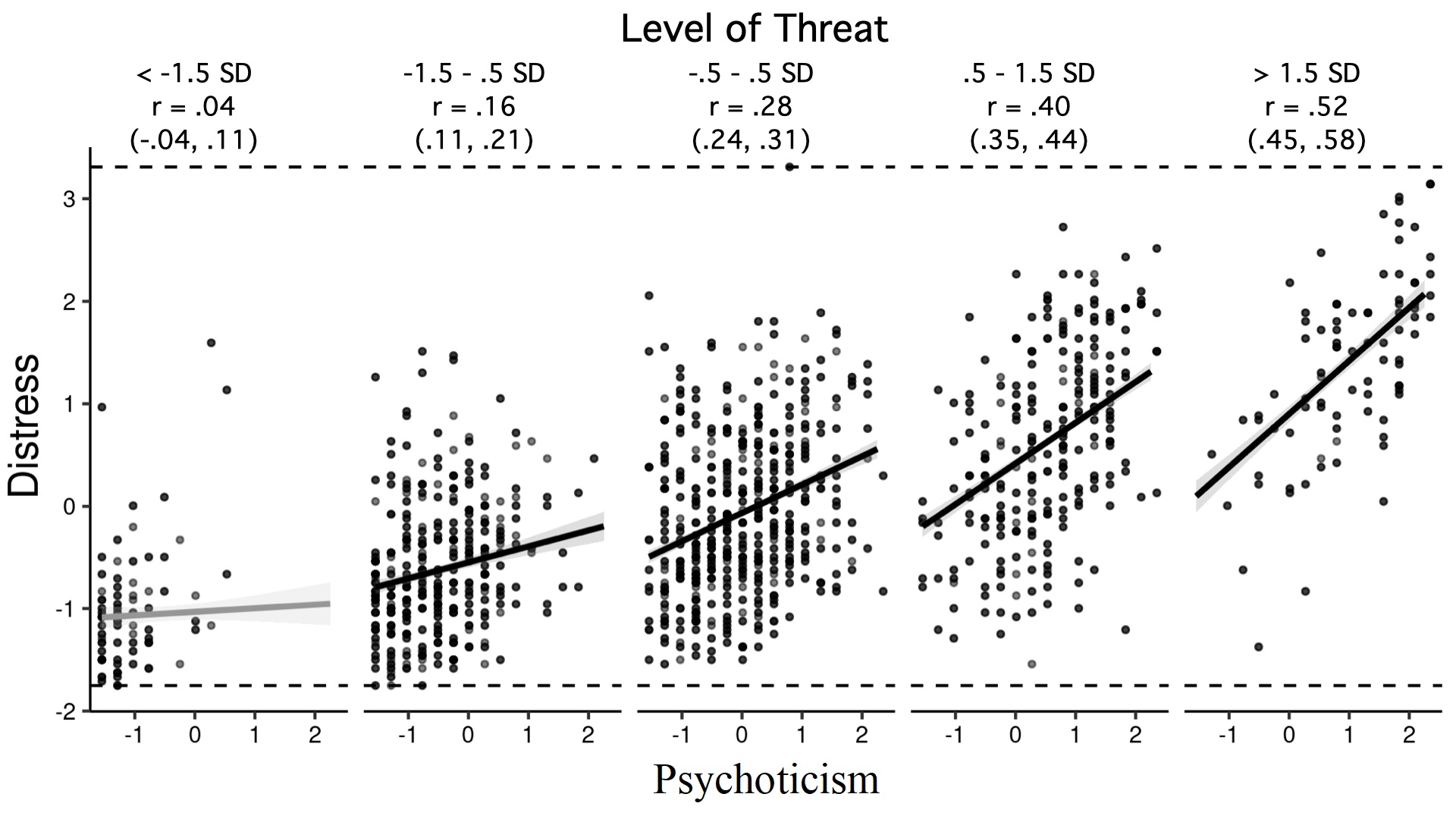Psychotherapy on an acute psychiatric ward is not that easy. In this study the team led by Ilanit Hasson-Ohayon – plus some external scholars such as myself – shows how Metacognitive Reflection and Insight Therapy is a feasible and reliable option.
This study investigated the efficacy of psychotherapy during hospitalization on an acute psychiatric ward. A controlled trial was conducted to assess the effects of Metacognitive Reflection and Insight Therapy (MERIT) upon metacognition and psychiatric symptoms. Data from 40 inpatient women were analysed.
Findings included significant interaction effects between group (intervention or control group) and time (preintervention and postintervention) in regard to the metacognitive abilities and general psychiatric symptoms. Participating in MERIT seems to improve one’s ability to use reflective knowledge to cope with psychological challenges and to improve symptomatology level.
This study confirms the importance of targeting general psychopathologycal factors – such as metacognition – in those struggling with severe mental disorders.
Cohen-Chazani, Y., Igra, L., Hamm, J., Leonhardt, B., Klion, R., Cheli, S. and Hasson-Ohayon, I. (2024), Psychotherapy on an Acute Psychiatric Ward: Preliminary Findings From a Controlled Study. Clinical Psychology & Psychotherapy, 31: e3002. https://doi.org/10.1002/cpp.3002










